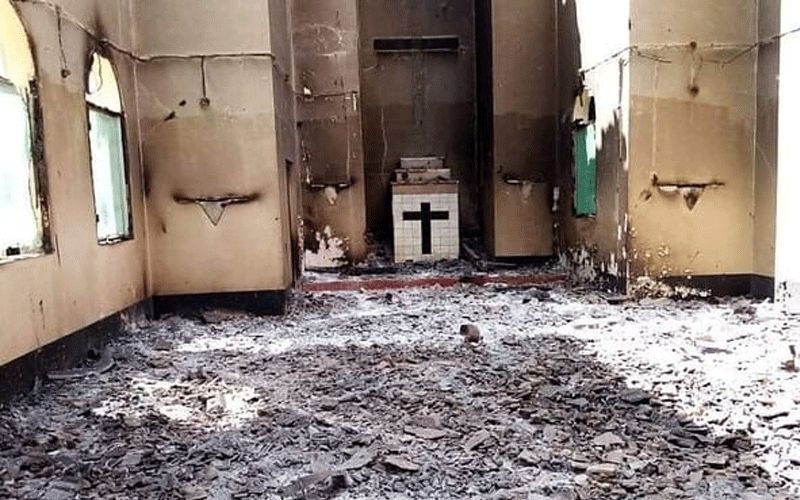Pemba, 03 September, 2020 / 11:26 pm (ACI Africa).
The leadership of the Catholic Church in Mozambique is searching for two nuns belonging to Saint Joseph of Chambéry in the Diocese of Pemba who went missing after jihadists attacked a port city in the Southern African country beginning of August, taking control of the city where the nuns’ convent is located.
In an interview with Aid to the Church in Need (ACN), Fr. Kwiriwi Fonseca of the Diocese of Pemba in Northern Mozambique said that nothing had been heard of the two Brazilian nuns since August 5 when the jihadists attacked the port of Mocímboa da Praia in Northern Mozambique, forcing residents to vacate the city.
Fr. Fonseca reported that the latest in a string of attacks, which Pope Francis reacted to, expressing solidarity with the people of God in the country, had been followed by several continuous days of fighting during which contact was lost with Sr. Eliane da Costa and Sr. Inés Ramos, who is over 70.
“When the town was occupied, there was no phone signal and so we were unable to contact the Sisters, and we thought they might have lost their mobile phones. We are hoping that they are still alive but have no means of communication. We have not had any official notification,” Fr. Fonseca said.
The Cleric further revealed to the pastoral and humanitarian organization that the region around Mocímboa da Praia had been cut from access to outsiders and that “nobody can travel there.”








